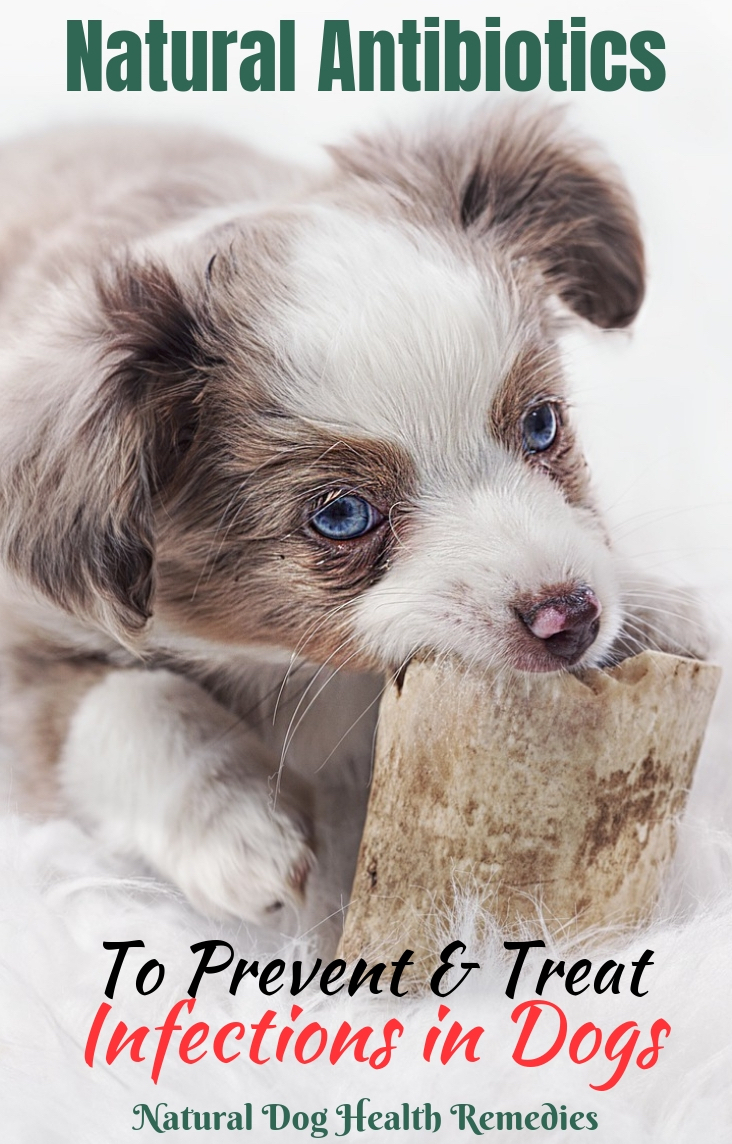Dog On Antibiotics Not Eating
Dog On Antibiotics Not Eating
Having a sick pet can be a stressful and worrisome experience for any pet owner. One of the most common issues for pet owners is when their dog is on antibiotics and isn’t eating. There are a few different reasons why a dog on antibiotics may not be eating and it is important to understand why.
Understanding the Reasons Why a Dog on Antibiotics is Not Eating
When a dog is on antibiotics, there can be a few different reasons why they may not be eating. The most common reason is because of the side effects of the antibiotic. Some antibiotics can cause stomach upset, nausea, and decreased appetite in dogs. Additionally, some of the medications may cause an unpleasant taste in the pet’s mouth, which can make them less likely to eat. Another potential reason for a dog not eating on antibiotics is because of the underlying illness or condition. If the dog is feeling unwell due to the infection, they may not have an appetite.
Tips for Getting a Dog on Antibiotics to Eat
If a dog is on antibiotics and not eating, there are a few things that pet owners can do to try to get them to eat. The first thing is to offer them a variety of different types of food. Many dogs are picky and may not want to eat the same food all the time. Offering a variety of different types of food can help to entice them to eat. Additionally, it is important to make sure that the food is of high quality and is age-appropriate for the dog.
Another tip is to offer the food in smaller portions throughout the day. This can help to keep the dog’s appetite up and can make them more interested in eating. Additionally, it is important to make sure that the food is served at room temperature. Some dogs may not be interested in eating if the food is too hot or too cold.
Using Appetite Stimulants for Dogs on Antibiotics
In some cases, pet owners may need to use appetite stimulants to help get their dog to eat. Appetite stimulants can be purchased from the veterinarian, and they can help to increase the dog’s appetite. Additionally, the veterinarian may be able to prescribe other medications that can help to improve the dog’s appetite.
Managing Side Effects for Dogs on Antibiotics
Another important step for pet owners is to manage the side effects of the antibiotics. Many of the side effects of antibiotics can be managed with the proper diet and supplements. It is important to speak to the veterinarian to determine the best course of action for managing the side effects.
Conclusion
When a dog is on antibiotics and not eating, it can be a worrying situation for pet owners. It is important to understand why the dog may not be eating and to take steps to try to get them to eat. Additionally, it is important to manage any side effects that may be caused by the antibiotics. With the proper care and attention, pet owners can help to get their dog to eat while they are on antibiotics.
Three Things Every Dog Owner Should Know About Antibiotics - Dogs

Canine Antibiotics | Natural Herbal Antibiotics for Dogs

Natural Antibiotic for Dogs - Immune System Booster for Dogs - Kennel
